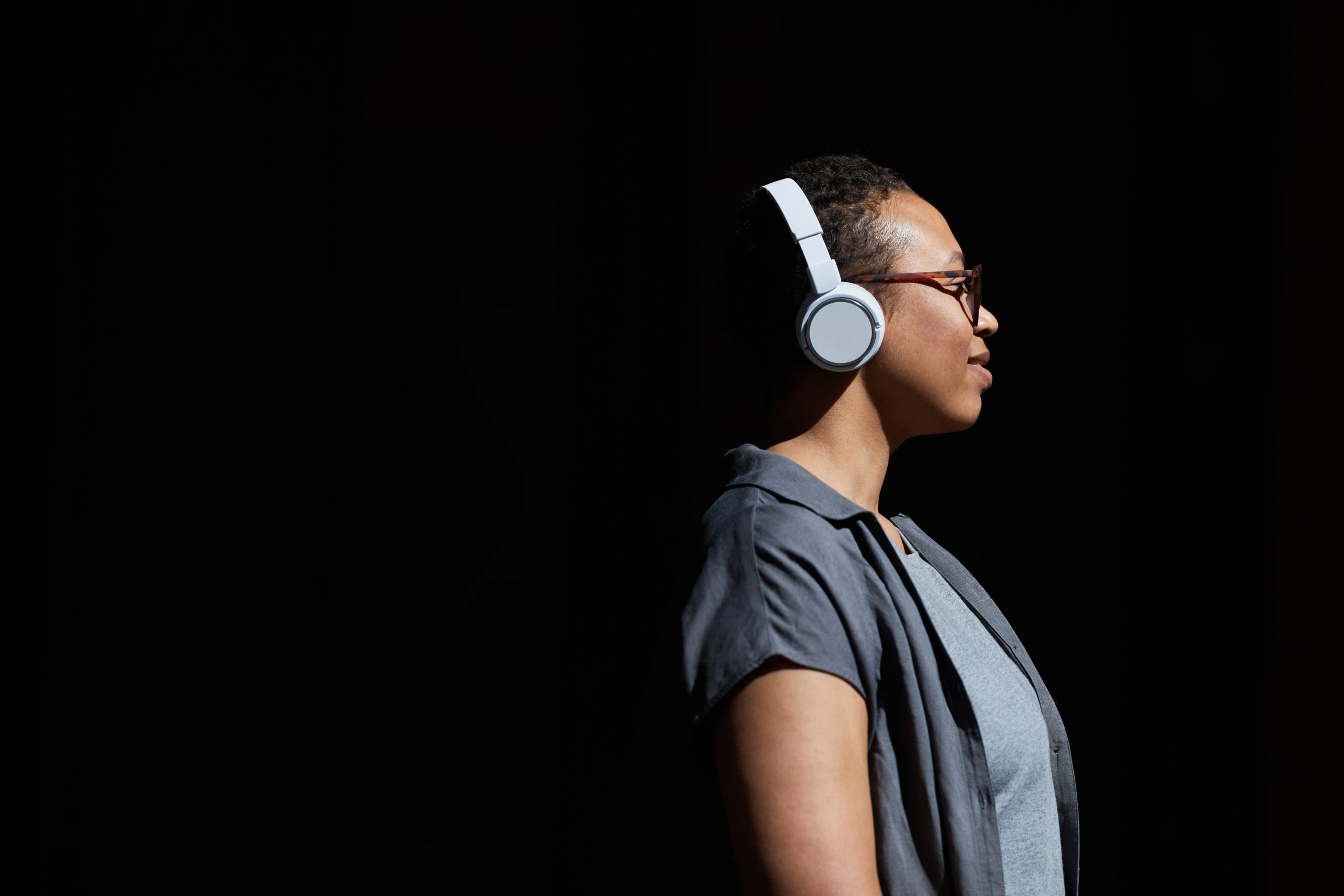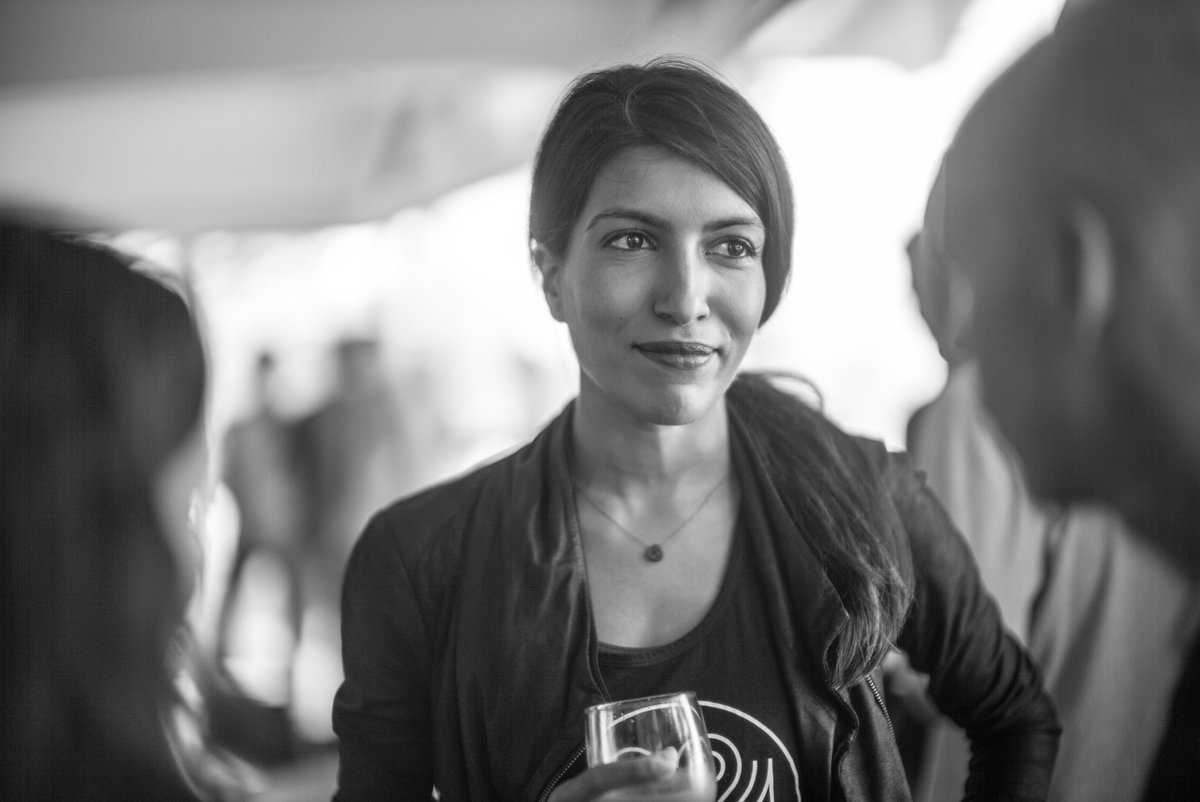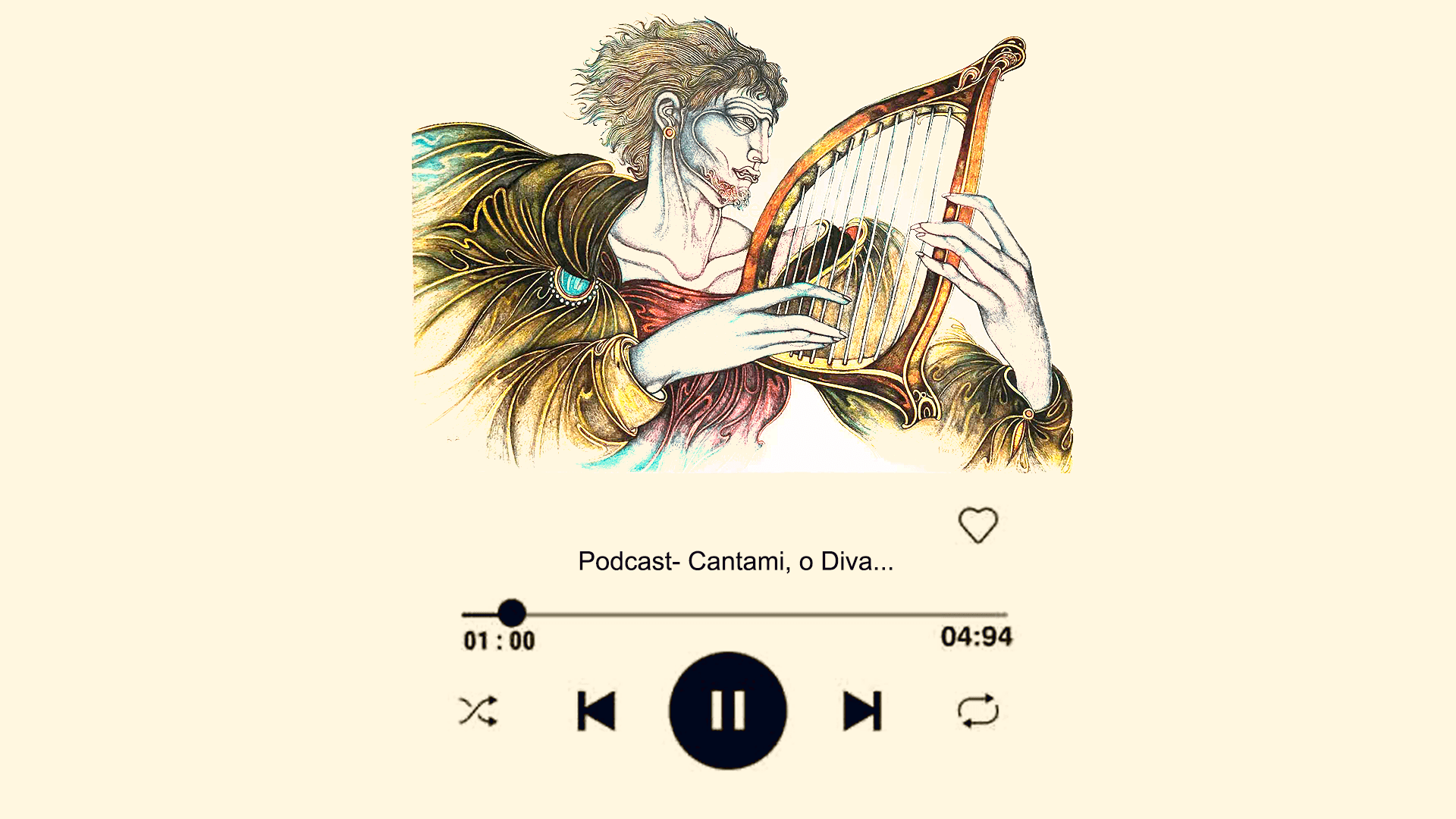
Un’idea di inclusività: permettere un’esperienza coinvolgente anche a persone ipovedenti o non vedenti. Il progetto del The Guardian sembra essere il primo passo verso una comunicazione senza barriere.
Ci sono gesti che ripetiamo ogni giorno come, ad esempio, aprire un giornale e leggerne gli articoli, entrare su un social e vedere le novità online, guardare un film, andare ad una mostra.
I nostri occhi sono la fonte principale per la recezione del mondo che ci circonda.
Vedere per leggere. Vedere per capire. Vedere per conoscere. Vedere per comunicare.
Ma cosa succede quando gli occhi non vedono più?
Sicuramente cambia il proprio approccio alla vita, i gesti quotidiani prendono strade diverse ma le mete restano sempre le stesse: sentire, comprendere, esser parte attiva della società.
Lo hanno compreso i diversi social, che hanno creato delle nuove impostazioni.
Da qualche tempo Instagram ha aggiunto la possibilità di affiancare i contenuti con un “testo alternativo” durante la pubblicazione dei post: brevi descrizioni che possano rendere fruibile a livello concettuale ciò che si è pubblicato. La stessa cosa è stata fatta da Twitter.
Idem per Facebook, attraverso la creazione ad hoc di un testo descrittivo creato da un’intelligenza artificiale, sviluppata dal team Accessibility, che elabora le immagini caricate e le descrive attraverso l’ausilio del VoiceOver.
Per quanto concerne il giornalismo online, invece, molti ipovedenti vi accedono attraverso dei software di screen-reading che convertono il testo in audio, donando all’ascoltatore, però, un’esperienza il più delle volte poco piacevole e basata su una voce sintetica e monotona.
Sulla strada dell’accessibilità ha deciso di muovere i primi passi il celeberrimo The Guardian, in cooperazione con Google e il Royal National Institute of Blind People, creando un sito web di storytelling chiamato “Auditorial”.
Il progetto, creato in sette mesi, muove i suoi passi sulla strada aperta dal podcast “Science Weekly” del 2018.
La storia proposta, simile al podcast originale, ruota intorno a Bernie Krause, uno dei fondatori di un campo noto come ecologia del paesaggio sonoro (soundscape ecology): in quindici minuti la narrazione esplora gli effetti devastanti della crisi climatica e di altre distruzioni ambientali indotte dall’uomo attraverso i suoni del mondo naturale, dalle barriere coralline alle foreste pluviali del Costa Rica.
Gli utenti possono premere play per iniziare la storia e regolare le impostazioni in base alle proprie preferenze o esigenze: impostazioni audio, video, controlli di scale, di messa a fuoco e di lettura.
Il risultato è un’esperienza immersiva e coinvolgente, ma cosa più importante, alla portata di tutti.
“Il prodotto finale è qualcosa di cui siamo davvero orgogliosi- annuncia il The Guardian– abbiamo imparato molto durante la creazione della piattaforma e le nostre idee sono cambiate man mano che il progetto procedeva; stavamo cercando di fare qualcosa che non era mai stato fatto prima. La speranza è quella di applicare i principi di Auditorial alla nostra tipologia di giornalismo e incoraggiare altri a fare lo stesso”.
Che sia un piccolo passa verso una nuova comunicazione libera da “barriere architettoniche”?






